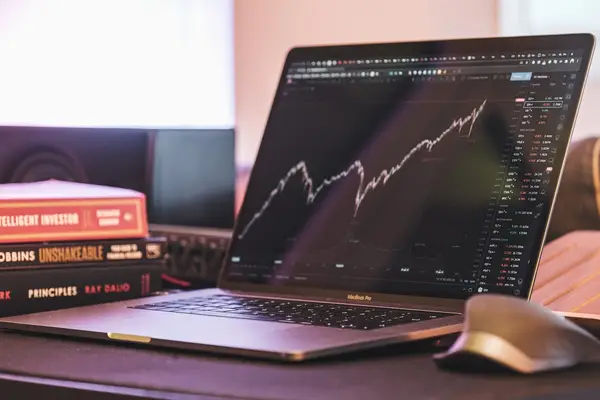The foreign institutional investors (FIIs) bought shares worth a net Rs 1144.53 crore, while domestic institutional investors (DIIs) purchased shares worth a net Rs 632.97 crore in the Indian equity market on September 6, as per provisional data available on the NSE.
Also Read| Tata Sons plans to raise $4 billion to inject funds into Air India: Report
In the month of August 2022, FIIs bought shares worth a net Rs 22,025.62 crore while DIIs sold shares worth a net Rs 7,068.63 crore.
Also Read| Bed Bath & Beyond: The heady rise and steady fall
The Sensex slipped 48.99 points or 0.08% to 59,196.99 and the Nifty was down by 10.20 points or 0.06% to 17,655.60 on Tuesday.
Also Read| Pallonji Mistry: All you need to know about Cyrus Mistry’s father
The Sensex touched a high and low of 59,566.67 and 58,974.26, respectively. There were 9 stocks advancing against 20 stocks declining, while 1 stock remained unchanged on the index.
Also Read| India vs China: How many aircraft carriers do they have?
The Nifty traded in a range of 17,764.65 and 17,587.65. There were 20 stocks advancing against 29 stocks declining, while 1 stock remains unchanged on the index.
Also Read| What is Social Stock Exchange; how organisations can list on it?
FII stands for ‘foreign institutional investor,’ and refers to an investment fund or an investor who puts their money into a country’s assets while being headquartered outside of it.
Also Read| How Paul Volcker tamed inflation with two recessions in 1980s
In India, this is a commonly used term to refer to outside entities contributing to the country’s financial markets by investing.
Also Read| How investment and savings strategies changed in last 30 years
On the other hand, ‘DII’ stands for ‘domestic institutional investors.’ Unlike FIIs, DIIs are investors that invest in the financial assets and securities of the country they are currently residing in.
Also Read| Harshad Mehta scam: How Big Bull shook the Indian stock market
These investment decisions of both FIIs and DIIs are impacted by political and economic trends. Additionally, both types of investors — foreign institutional investors (FIIs) and domestic institutional investors (DIIs) — can impact the economy’s net investment flows.







